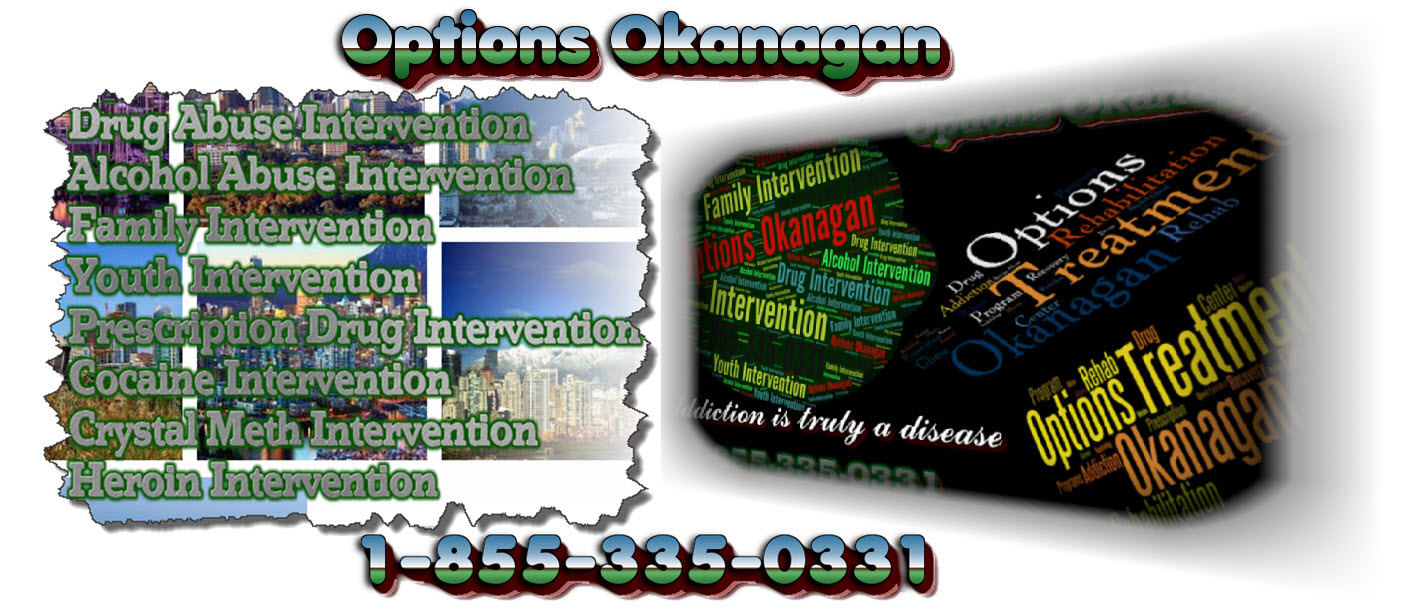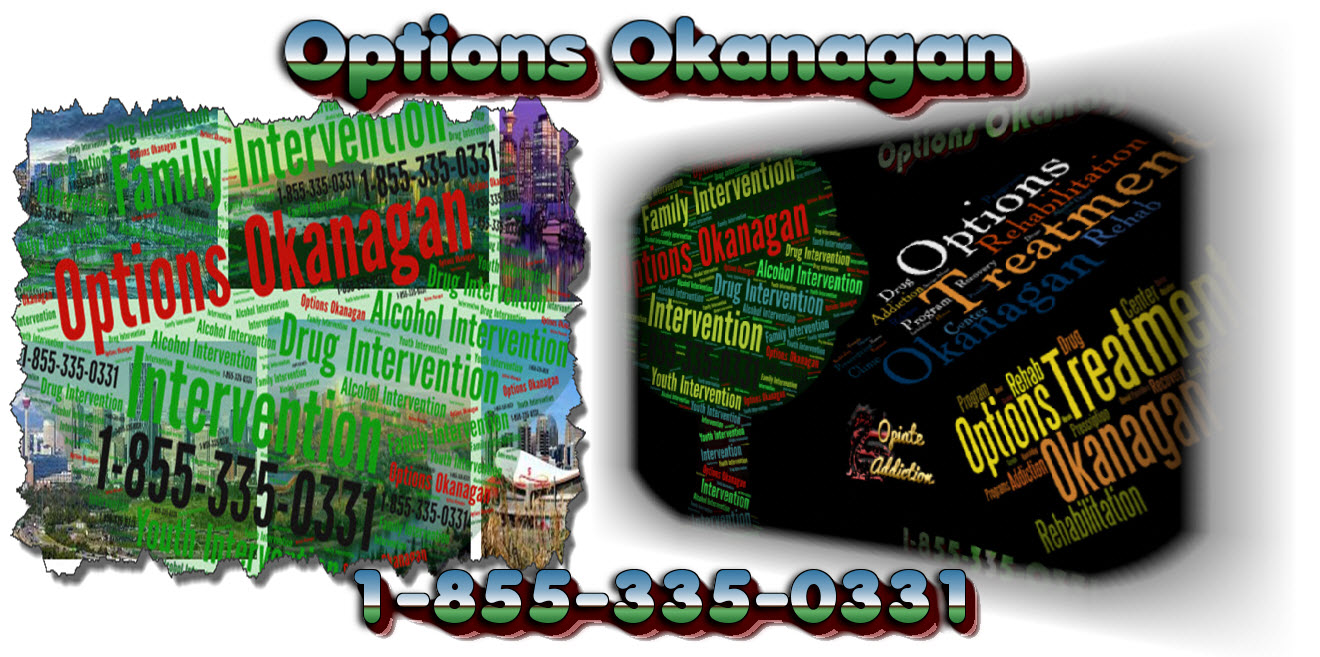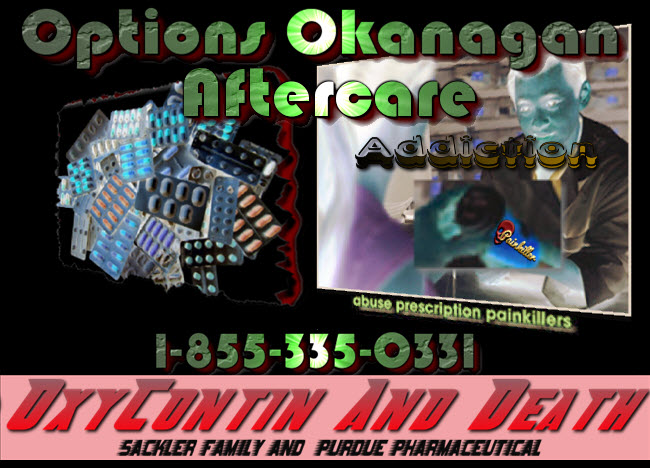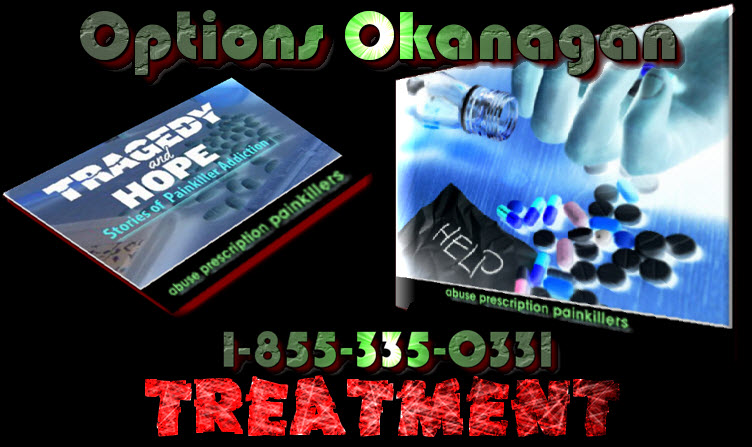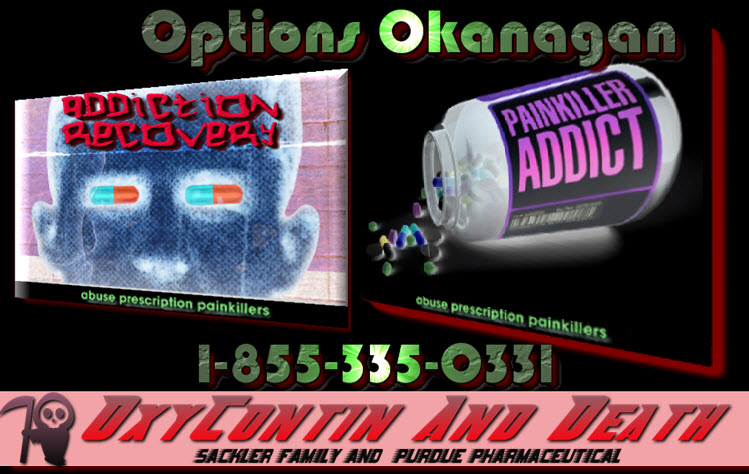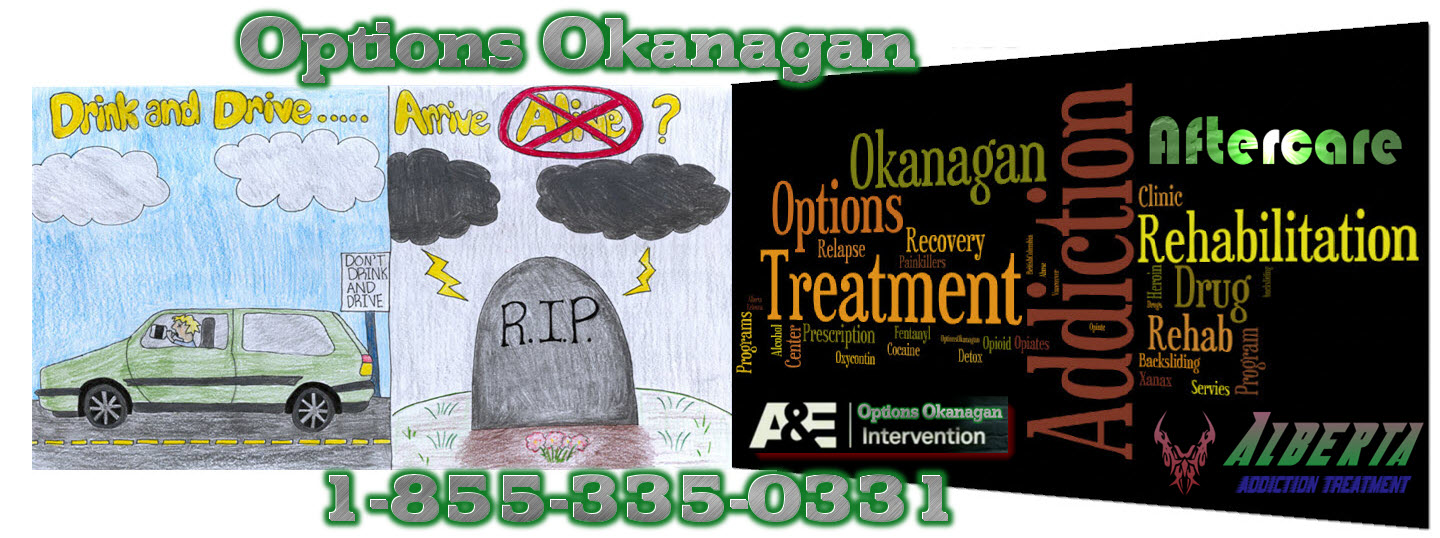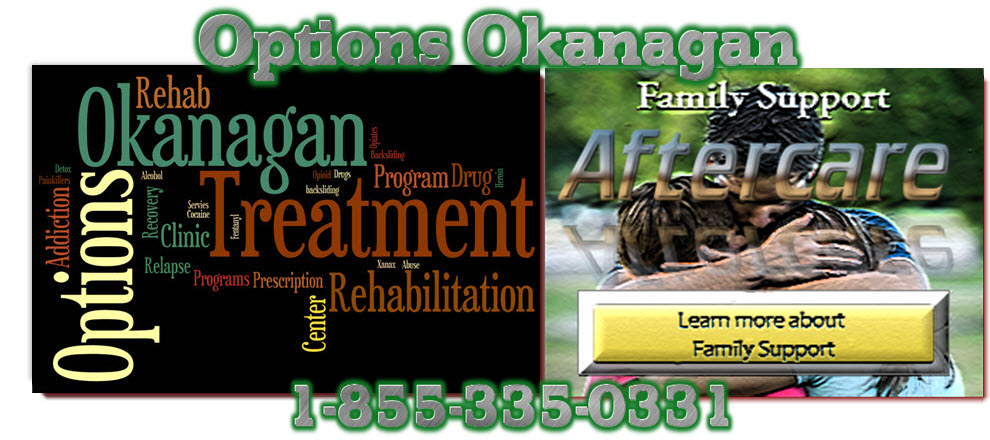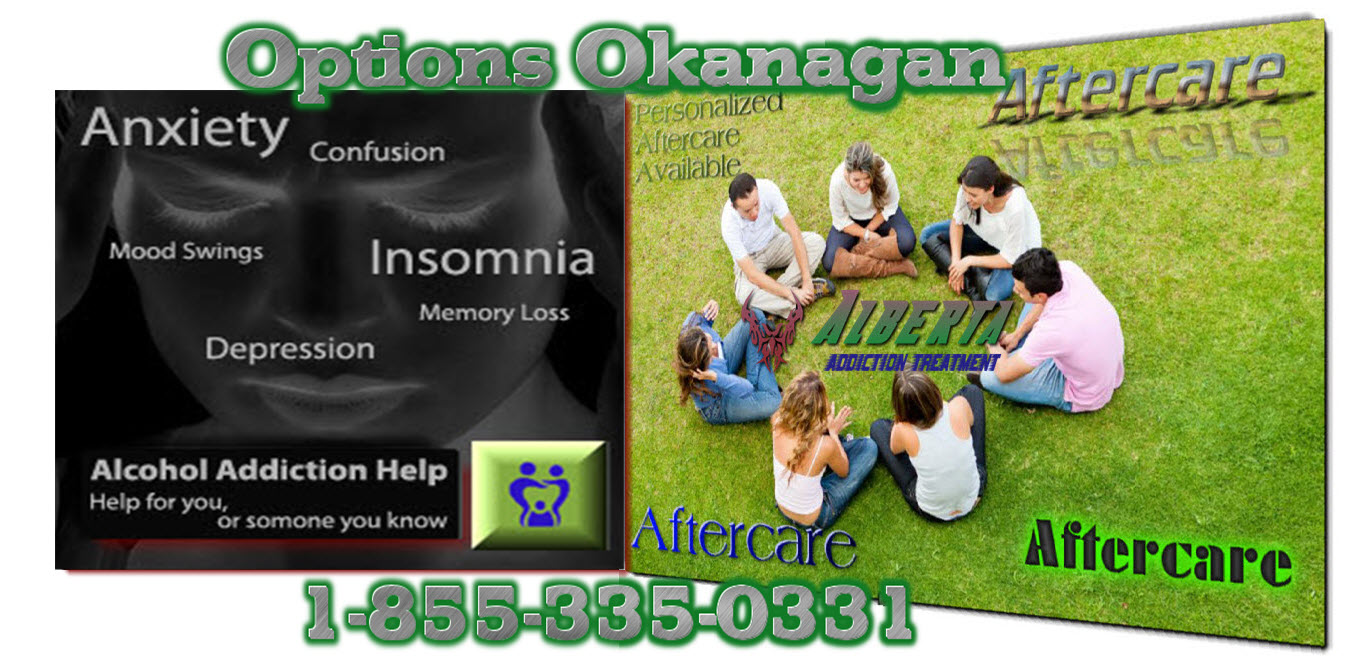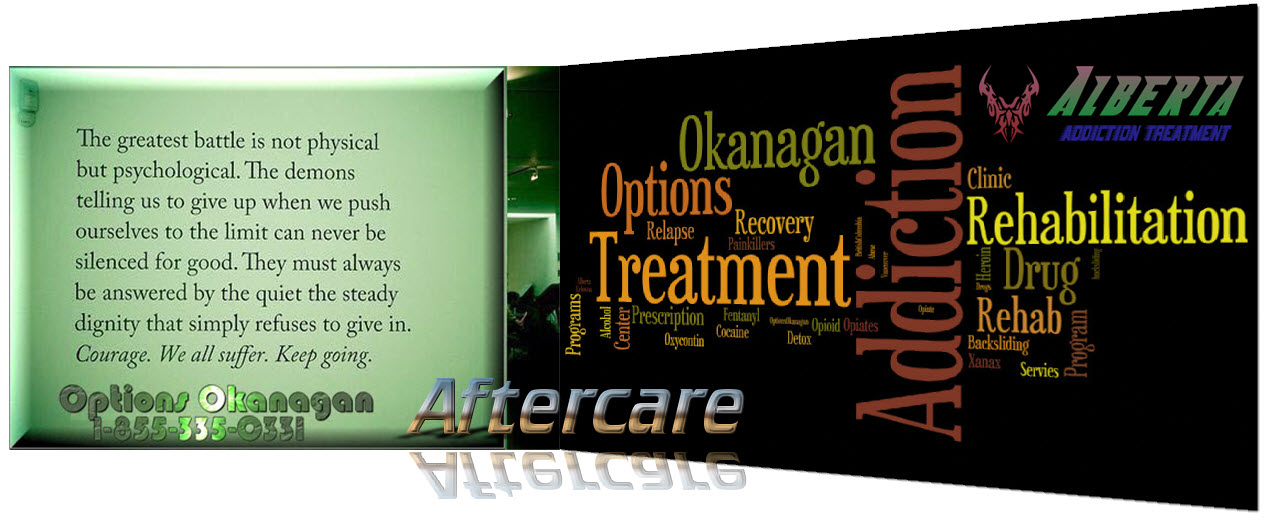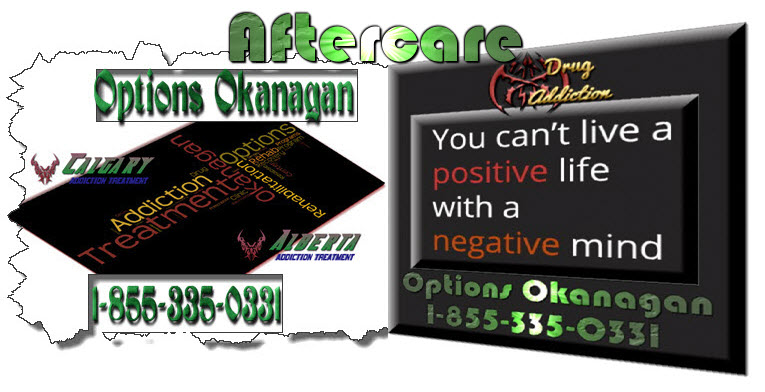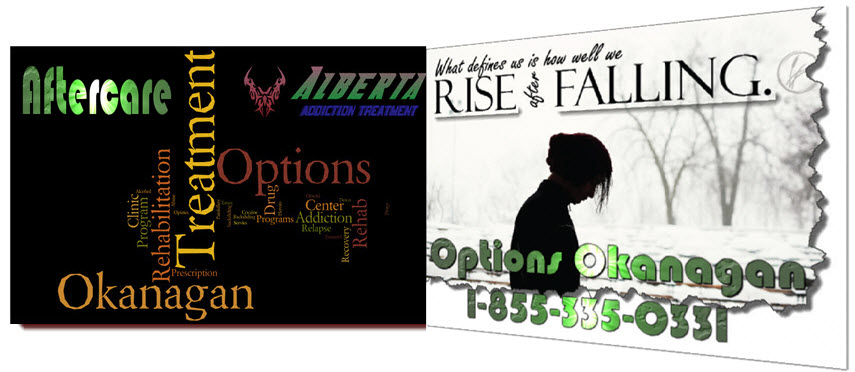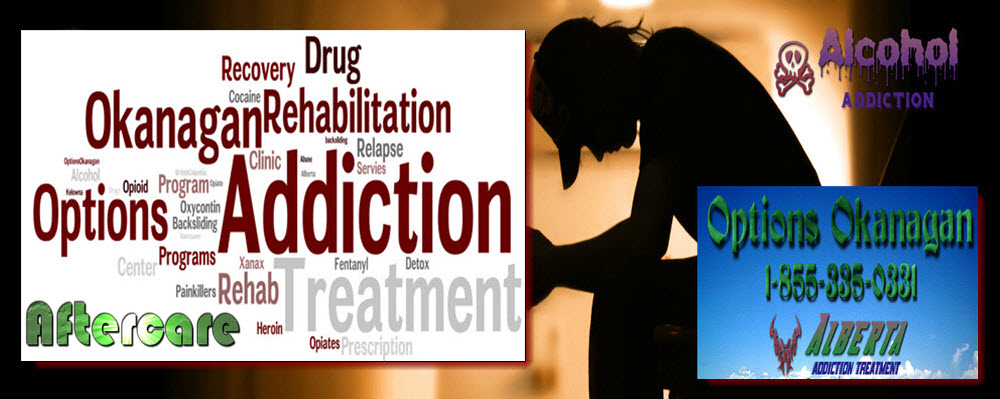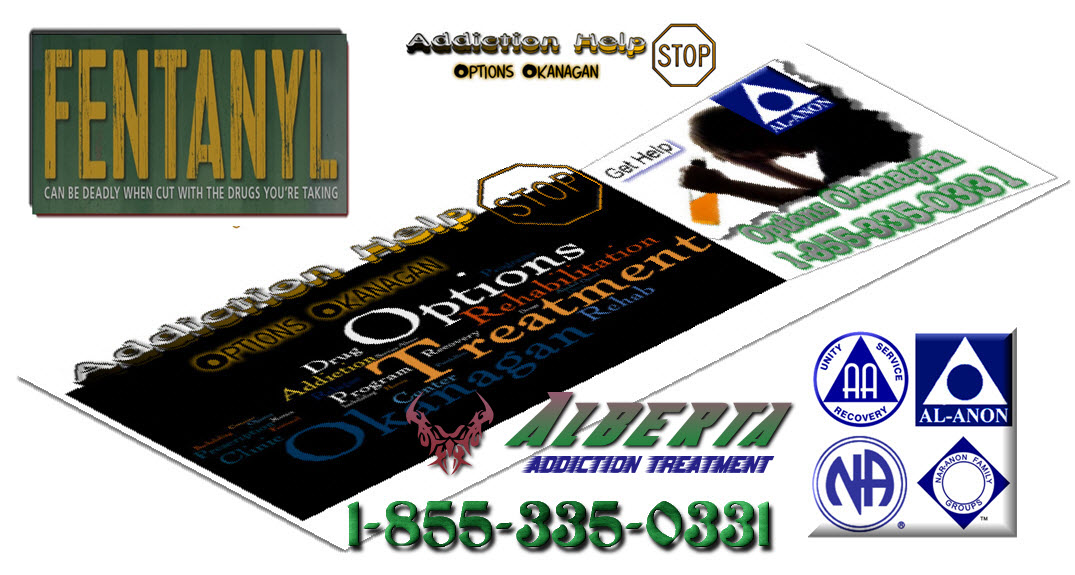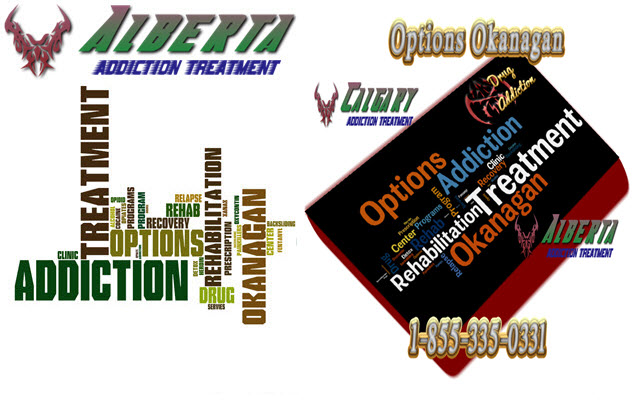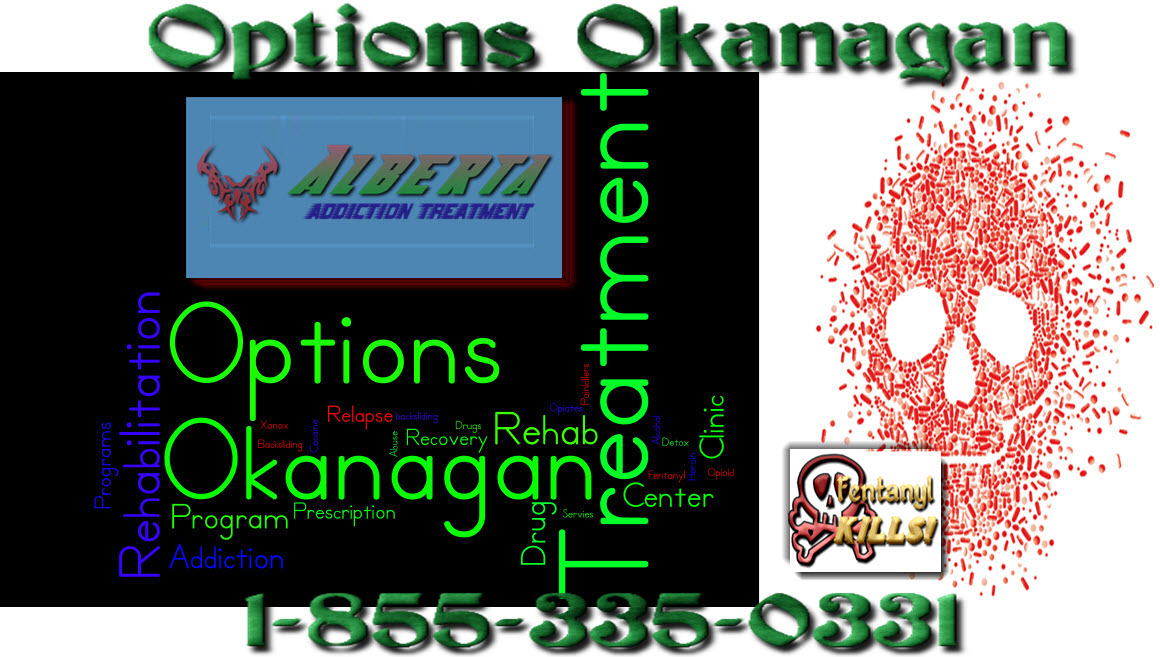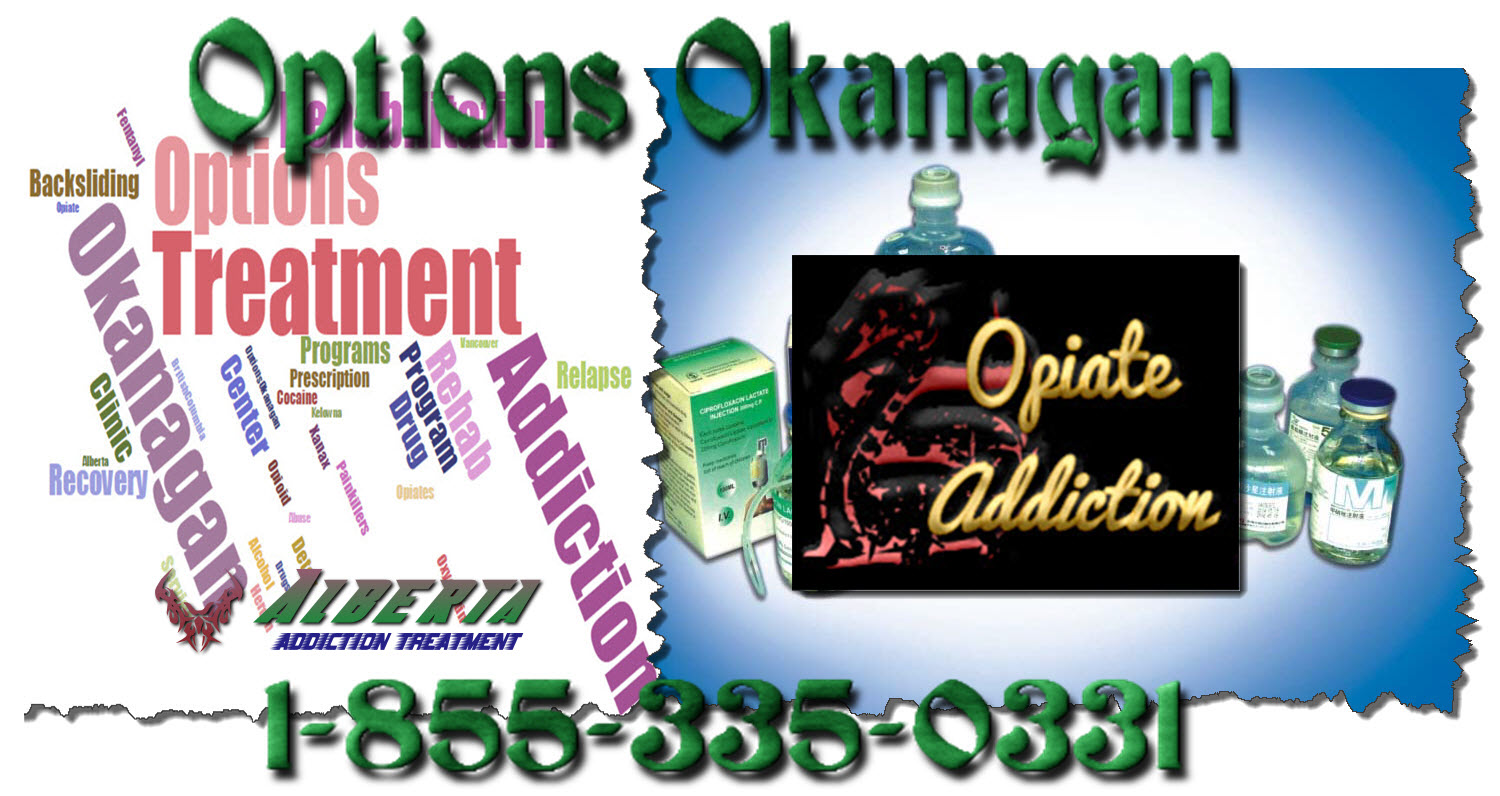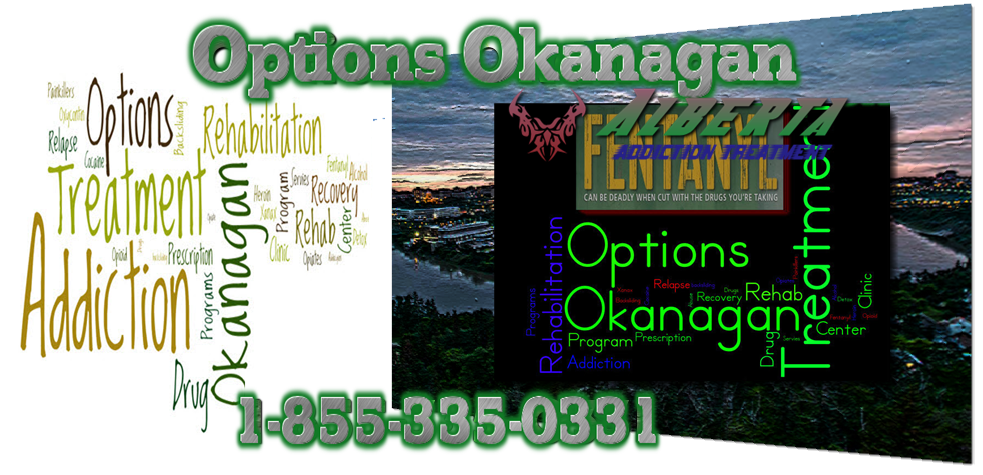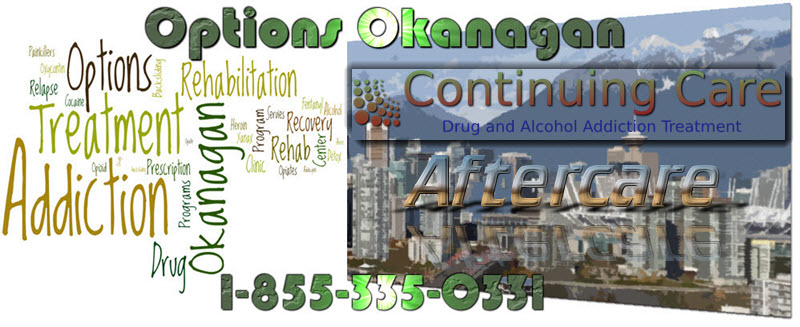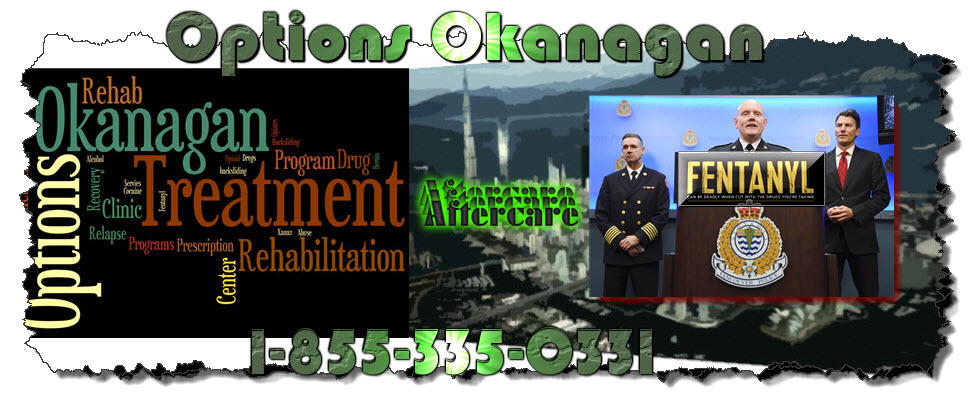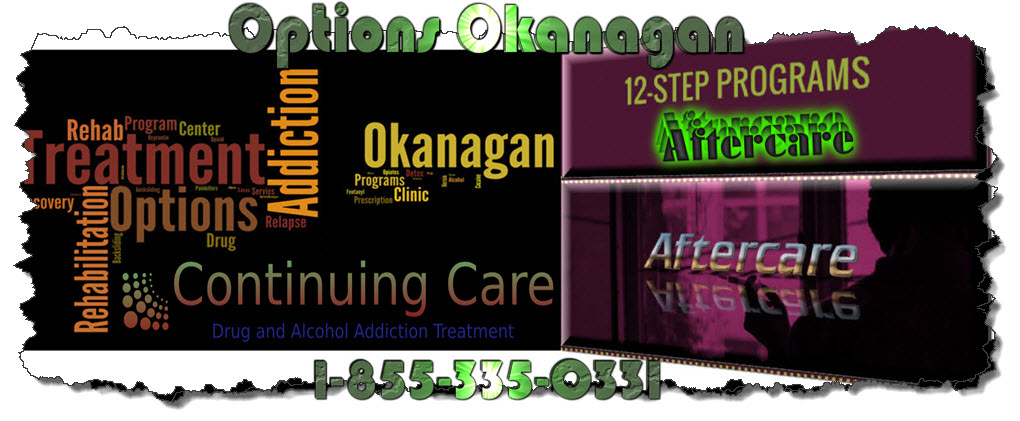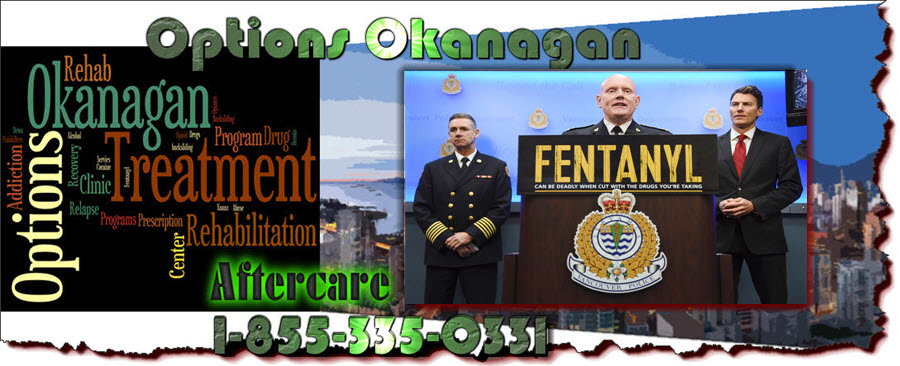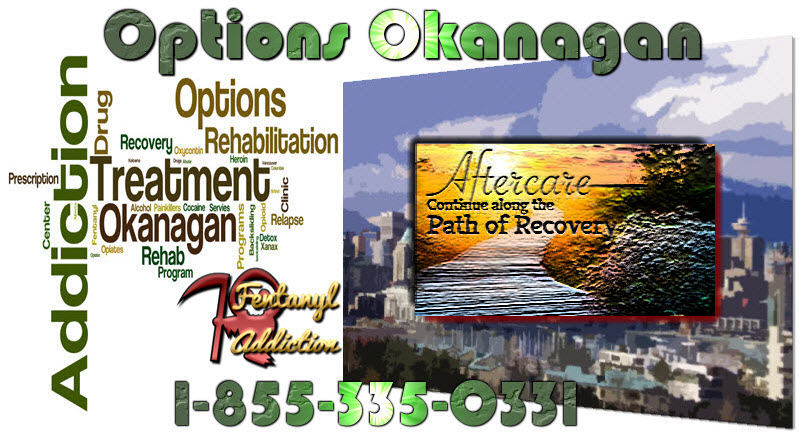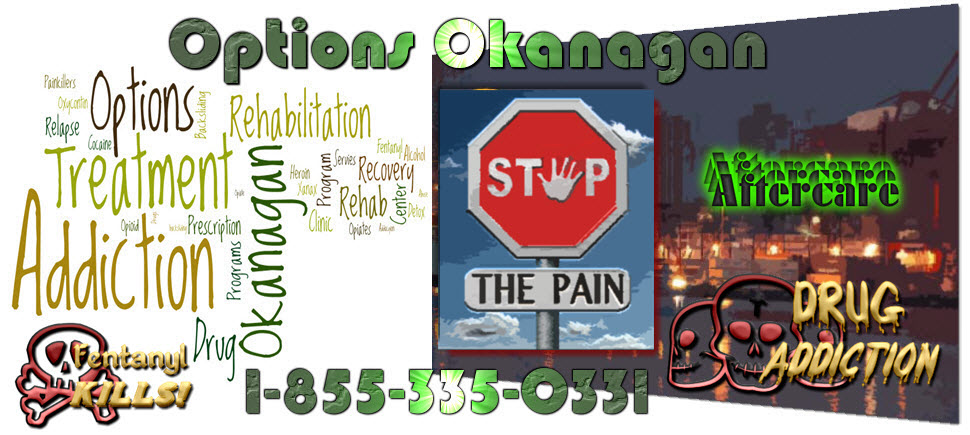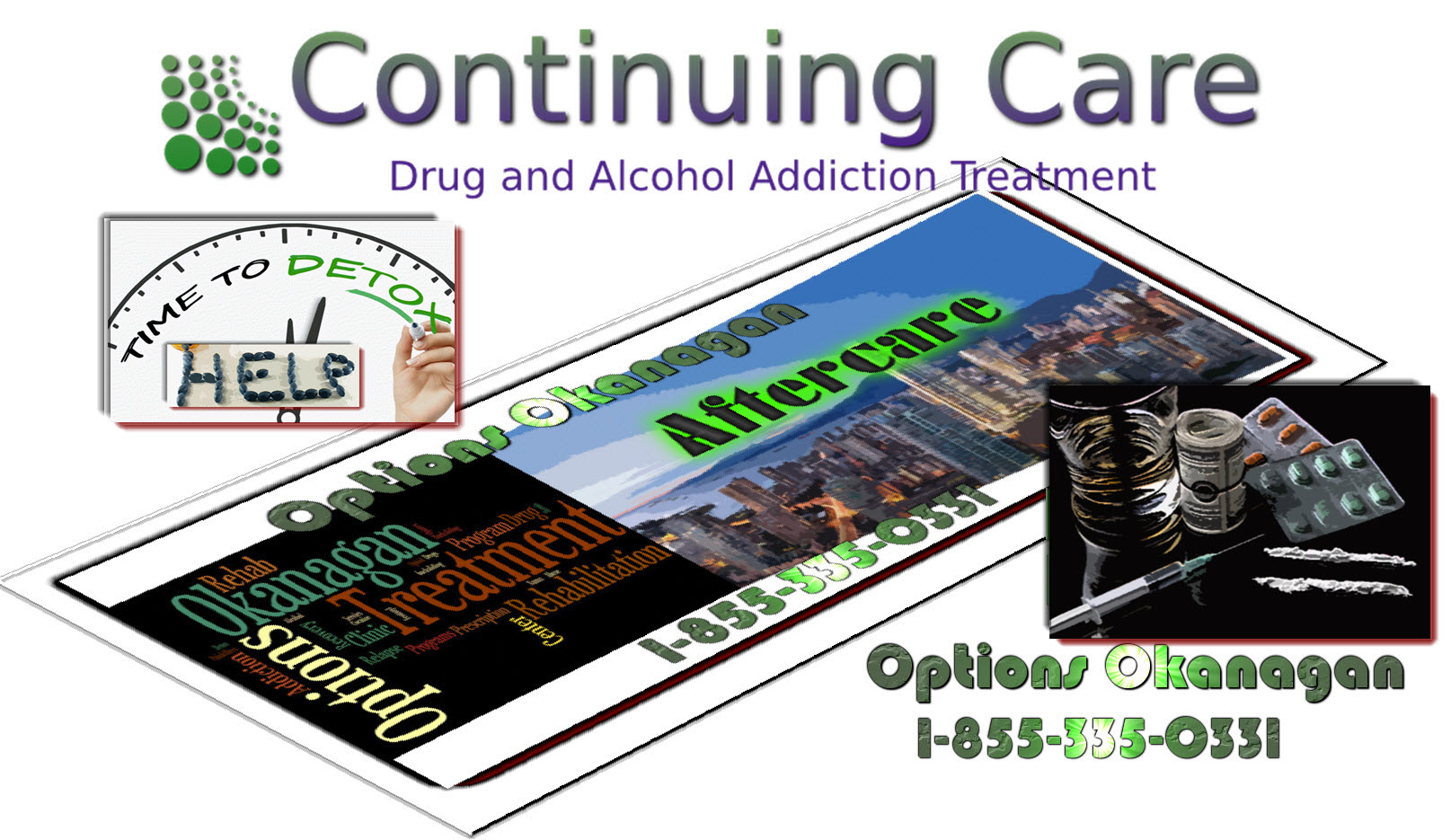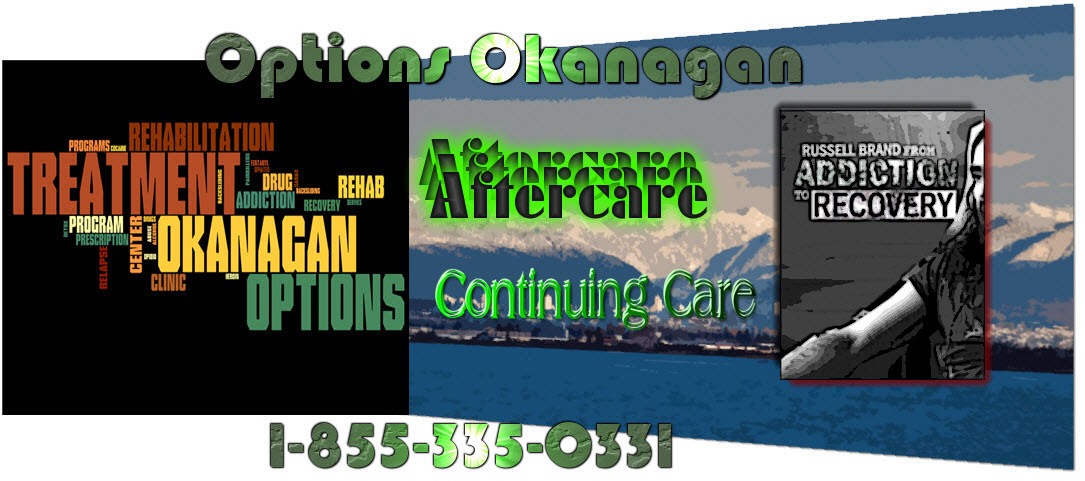After drug or alcohol rehab treatment and the tips for a family. Why people need to have knowledge about drug and alcohol addiction. Alcohol, Opiate and Drug Rehabs in British Columbia and Alberta – Options Treatment Center in Kelowna, British Columbia treating drug, opiate, fentanyl, heroin and alcohol addiction and recovery.
Drug Treatment Programs
in Alberta and BC
When loved ones go home from drug or alcohol rehabilitation the whole family is very excited about the changes and maybe a little nervous. They realize that their loved one thinks more clearly and feels healthier than they have for years, and the family begins to realize the endless possibilities of their loved one’s sobriety for the future and drug-free.
Despite all these hopes and excitement, families must remember that their addicted loved one leaves a highly structured rehab environment that offers hope and treatment, and that they now have full responsibility for their actions and decisions throughout their lives.
Things the family must know after rehabilitation treatment
What can a family do to help their loved ones prepare for success? What awaits that person when they leave drug or alcohol rehabilitation? What can families do to help their addicted family member fully commit to their recovery process? Here are some tips to keep in mind:
a) Their first priority may not be family
Especially when their recovery is within the initial phases, counseling sessions and meetings often take priority over getting together with family. Therefore, it is actually good if they stay centered on becoming healthier, which can strengthen the whole family’s relationship with them over time.
b) Do not be afraid to talk about alcohol and drugs
Understand that nothing a family could do or says can trigger a drug or alcohol relapse. Maintain a dialogue open with them, while still staying honest in regards to what the family’s feelings are. If they wish to talk about their alcohol and drug use with the family, then definitely discuss it. Life in the family home will certainly be a whole lot more peaceful once there are no longer any further secrets.
c) Do not treat them like helpless children
The addicted individual and family member probably has made some very bad life choices. However, they are still adults and certainly needs to be treated as such. If they are made to assume responsibility for their choices and life, it is going to give them self esteem, and self-confidence a lift and provide them with a faster path towards recovery from the addiction to drugs or alcohol.
d) Navigate their swift changes in moods
From time to time a recently sober individual may go through some fairly extreme emotions. They might be emotions they have not felt in several years since they have been suppressed by the drugs or alcohol they were using. However, there are no excuses for virtually any violence or aggressive behavior from them, and try avoiding or escalating any arguments whenever possible. Also, whenever they are clearly emotional avoid having any volatile conversations with them. Learn to recognize when it is advisable to walk away for several hours.
e) Consider counseling for the whole family
While the family is seeking to help someone they care about become sober, this treatment process requires the entire family involved and must be done that way. Counseling can provide a safe and secure place for them to let their worried thoughts and emotions out, as well as helping them heal the relationship they have with their addicted family member.
e) Continuing to move forward in the process
If they have finished their rehab treatment program and are utilizing the necessary steps to continue to move forward in their recovery, and the family should do exactly the same thing. Accept the past and move forward. If every conversation the family might have is all about the things that he or she did wrong, that is a good way to ensure that the whole family stays miserable.
f) Avoid making judgments
The recovery process might be relatively easy for a few individuals. However, for some individuals it is a very difficult process. Throughout their difficult moments, the family should show compassion and discuss each of the positive changes they have seen them make since they got sober. The family’s encouragement and support for a struggling loved one in both small and big ways will ultimately mean much more than they could potentially ever realize.
Options Okanagan Opiate and Alcohol Treatment Centers in Kelowna, Salmon Arm and Vancouver, British Columbia – Men and Women are recovering and healing from Alcohol and Drug Abuse at our treatment center here in the Okanagan right now.
Our unique and distinctive Opiate Drug and Alcohol treatment program allow men and women to come in from Calgary as well as Edmonton as we offer airport pickup.
Numerous clients come to us from Vancouver, Calgary, and Edmonton and other locations in Alberta and even other provinces for Opiate addiction treatment, heroin drug treatment, many other drug and alcohol addictions for rehabilitation because of the uniqueness of our treatment center.
Our (Kelowna) Alcohol and Drug Treatment Program Location:
(Not Mailing Address) – Contact Us – Web Page
For Mail Delivery :: Please contact each center for correct mailing addresses, also this location is the location of our residential treatment programs in Kelowna. Please call Toll Free 1-855-335-0331 – to contact the treatment center you are going to for the address and directions.
Options Okanagan Drug and Opiate Treatment Center
551 Sherrydale Crescent, Kelowna, British Columbia, V1V 2E6
Toll-Free Phone Number: 1-855-335-0331


